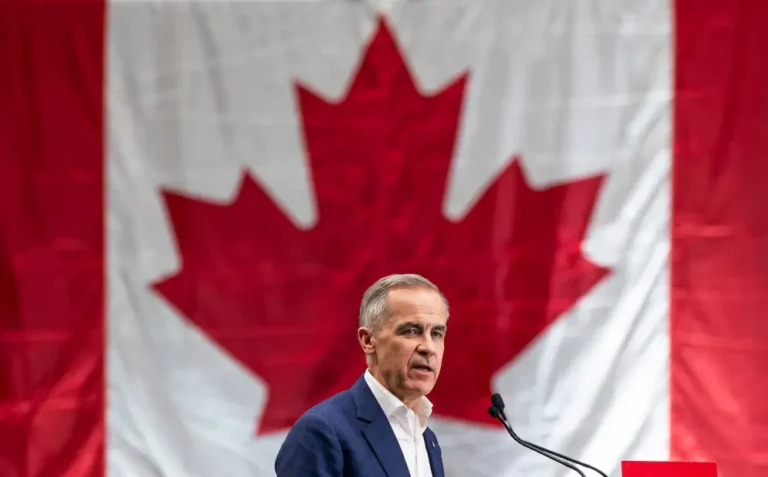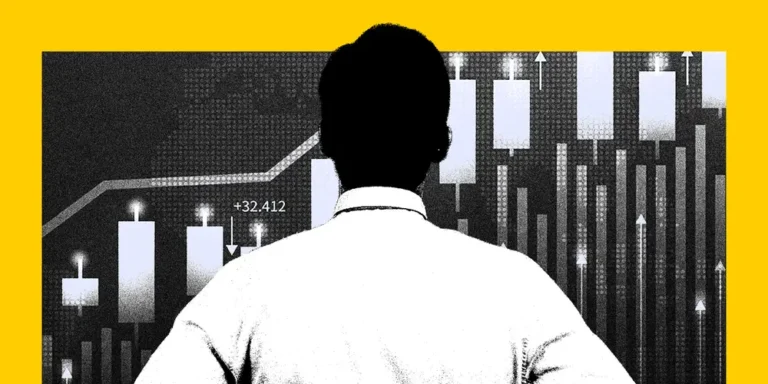Wall Street bonus season is on track to be stressful this year. Here’s the breakdown by job and business line, according to compensation expert Alan Johnson.

- Bonus season starts in January for most banks, hedge funds, and PE shops
- It will be tough across the board, although investment bankers will get hit the hardest.
- See this year’s breakdowns by division, according to comp consulting firm Johnson & Associates.
This year’s bonus season is shaping up to be stressful.
Banks take months to determine who gets paid and when. The process begins shortly after Labor Day and continues until after the holidays, when bonuses are distributed, which is usually in January or February. However, learning your fate — your number — can happen in a matter of minutes.
“Your whole year boils down to a 15 to 30-minute conversation,” compensation consultant Alan Johnson explained. “And most of the time, when you’re brought into the room, you have no idea what the number could be.” You know what you got last year, and you have some expectations for the firm’s year, but you don’t really know.”
Many professionals working for banks and hedge funds can expect flat or declining bonus checks for the second year in a row this year, with most remaining flat or declining further from 2022. According to Johnson, this will lead to some difficult conversations when bonus numbers are distributed early next year.
“There’s a lot of drama, a lot of angst,” Johnson said of the end-of-year bonus meetings. “You’ve got your financial expectations, your ego, it’s all wrapped into this stuff.”
According to an analysis by New York State Comptroller Thomas DiNapoli, Wall Street bonuses were down by an average of 26% last year compared to the previous year (which set a record). According to the comptroller’s office, the average bonus on Wall Street in 2022 will be $176,700, down from $240,400 the previous year.
This year, Johnson’s New York-based compensation consulting firm, Johnson Associates, anticipates that bonuses will be significantly lower than last year. Only equity underwriting, retail and commercial bankers at large institutions, and wealth management would be exempt.
Johnson Associates released its latest report on Tuesday, which breaks down the expected year-over-year bonus change by sector (investment banking, hedge funds, private equity, etc.) and division (sales and trading versus M&A bankers, for example).
According to the report, people working in wealth management and equity underwriting could see their bonuses rise by 5% and up to 15%, respectively. People working in retail and commercial banking (i.e., making loans) can expect their bonuses to remain flat or increase by up to 10% over last year — but only if they work for a large bank like JPMorgan or Bank of America.
Employees at regional banks, which have been struggling to say the least, may see a 10% to 20% reduction in pay. Bankers who advise companies on mergers and acquisitions, on the other hand, are likely to see their bonus checks cut by up to 25%, according to Johnson.
A typical salary for a managing director in an advisory investment banking role in 2022 could have been $400,000 with a $1 million incentive pay (bonus plus equity). This year, the bonus will be closer to $800,000, for a total compensation of 1.2 million.
According to Johnson, that same banker would have made nearly $2 million by 2021.
Other professionals, such as those at hedge funds, private equity firms, asset managers, and sales and staff positions, can expect year-end incentives to be modestly smaller to flat.
“It’s a mediocre year.” “Managing people’s expectations will be difficult this year,” Johnson told Insider.
People looking to leave a company typically wait until their bonus checks clear, according to Johnson, and sometimes a disappointing bonus is what pushes someone to leave. But, he promises, there will be less of it this year.
“There are many fewer job openings, and people are risk averse,” he went on to say.
Johnson advises his clients to invest in their best people.
“If an average person quits, that’s maybe a little bit disappointing, but not nearly as much as a star.”
There were times in 2023 when it appeared that things were heating up for dealmaking (read what Goldman’s top banker recently said in an internal email), but that never happened. And, according to Johnson, his clients are still unsure when things will pick up again.
“Our clients are worried about 2024,” Johnson said, citing inflation, interest rates, and the political environment.






